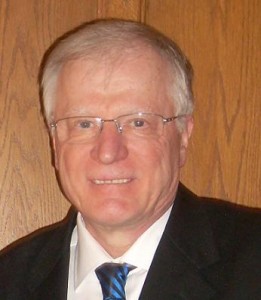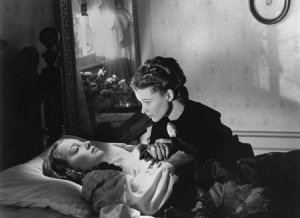Before I became a widow, I often thought about women-friends who’d already started down that road. I’d heard about the struggle of coming to each holiday for the first time after a husband’s death and knew a widow surely was sad at Thanksgiving, Christmas and her spouse’s birthday. Other lesser holidays, I figured, weren’t too bad.
Now that I’m ticking off those “firsts” for myself, I realize how wrong I was. Every long marriage has specific ways of walking through each holiday, both the lesser and the greater ones. Granted, some are more important than others, but each one has special meaning for a husband and wife.
I’ve just passed Mother’s Day. As Linnea remembered her father through tears she said, “Papa would have brought you flowers, two dozen roses or something extravagant like that.” She also reminded me that every Mother’s Day celebration is really initiated by the husband, well before the children are old enough to understand. It’s for couples before it’s for children. Linnea helped to lift the gloom by sending a beautiful orchid plant, and Klaus also stepped into his father’s shoes by bringing a bright bouquet of summer flowers.
Today I woke up thinking, “Another first without Nate is behind me.” Although I held it together on Sunday, today has been more complicated. While packing for my trip to England tomorrow, the tears flowed. I couldn’t stop them. Although I pushed through laundry, errands, phone calls and emails, my heart ached and my two pocket tissues had to be replaced again and again.
Honestly, I think it was all about this first Mother’s Day without Nate, even after the fact. The hole he left in our family will never be filled. He loved all things holiday, buying gifts, bringing me flowers, writing thoughtful messages on cards and celebrating at dinner tables.
I’m six months into widowhood, about half way through my “firsts”: Thanksgiving, our anniversary, the Christmas Eve Swedish smorgasbord, Christmas Day, New Year’s Eve, New Year’s Day, Nelson’s birthday, Adam’s birthday, Katy’s birthday, a new grandson’s arrival, Valentine’s Day, St. Patrick’s Day, the spring trip, the birth of twin grandbabies, Louisa’s birthday and Easter… 17 biggies are behind me.
Klaus’ birthday will be next, followed by the most poignant “first” of the entire year, Memorial Day. Annually our relation gathers at the family cemetery plot to reminisce about those who’ve gone before us and to be grateful for their lives. Last year Nate was with us, contributing historical information and enjoying the get-together. None of us ever dreamed by Memorial Day of this year, he’d be buried in that same place.
Once we get through that, Father’s Day will be another hard one, then Birgitta’s birthday, Linnea’s birthday, the 4th of July, Nate’s birthday, my birthday, Labor Day weekend, the September family vacation, Hans’ birthday and Lars’ birthday. There are 29 “firsts” to get through in this family year. Although 29 doesn’t eat up much of 365, it does deliver a slew of painful reminders that Nate is gone.
From this vantage point, I’m wondering what the “seconds” will be like, surely less heartbreaking than the “firsts”. My guess is there will be tears then, too, but they’ll be cried in private.
Thankfully, God comes with us into those secret places and looks deep into our hearts. He comforts us based on what he finds there and does his miraculous healing in those hidden depths.
“God sees not as man sees, for man looks at the outward appearance, but the Lord looks at the heart.” (1 Samuel 16:7b)





